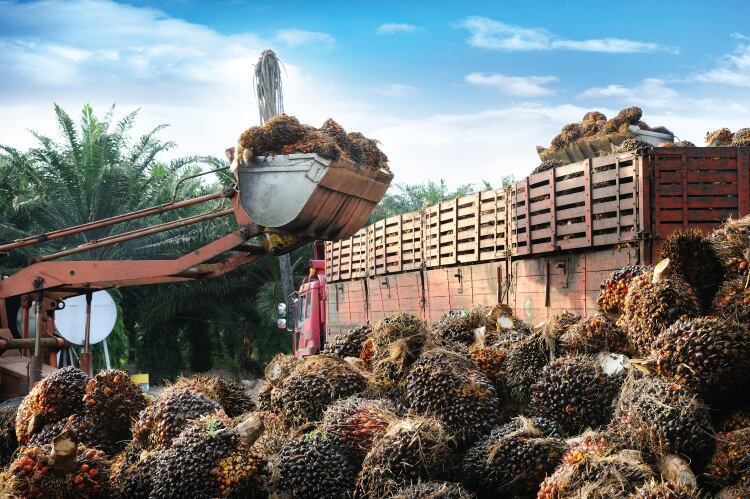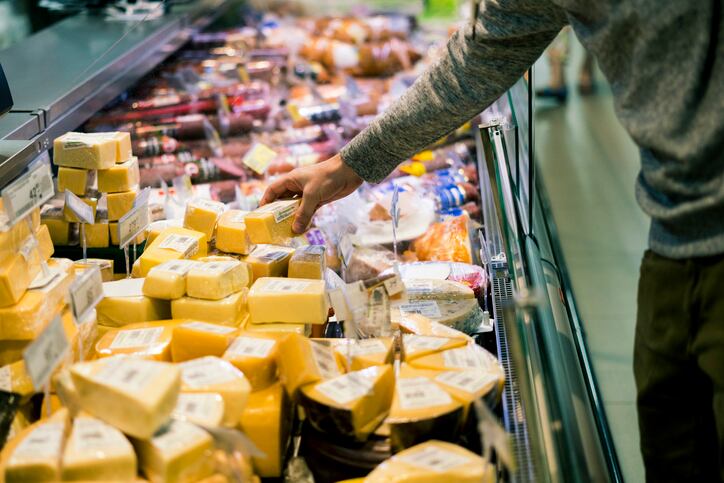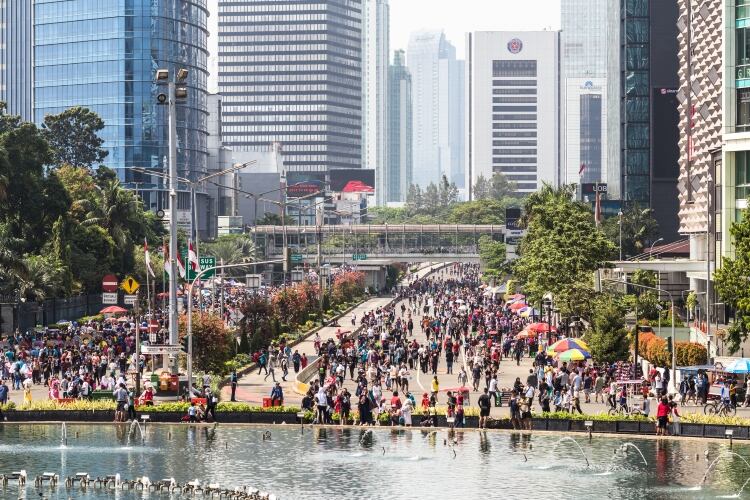The row began last year after the European Union declared last March that palm oil causes deforestation and should not be considered a renewable or sustainable resource.
As such, the EU said palm oil would be phased out as transport fuel between 2023 and 2030. In the meantime, tariffs of 8-18% would be imposed on palm oil imports.
Indonesia is the world’s biggest producer of palm oil. Indeed, the palm oil industry in 2017 contributed nearly 2.6% to the country’s gross domestic product. News that it would eventually lose a market worth €400m was not taken well by the government.
Tensions between the two trading partners continued to chill during the course of the year. First, the EU imposed tariffs on biodiesel, then Indonesia warned it would put its own levies on certain segments, including dairy products.
“[The EU] imposed tariffs so I say, to be fair, we will also impose a similar tariff when the time comes. So it is best that importers start to seek alternative sources,” said the then Indonesian trade minister Enggartiasto Lukita in August. “There is an unfair treatment that we are being subjected to.”
As well as later recommending a 20-25% tariff on EU dairy products in retaliation to the EU’s new duties on Indonesian biodiesel exports, Lukita then took the first measures to limit EU dairy products, by blocking new import approvals. He did not, however, give a timeline for implementing the proposed tariffs, which remain rhetorical.
The spats continued until December, when the Trade Ministry’s director of trade security, Pradnyawati, added fuel to the fire by announcing the ministry’s anti-dumping committee had been asked to investigate whether EU dairy products exported to Indonesia benefited from subsidies.
This was in retaliation to the EU’s move to launch a complaint at the WTO over Indonesian curbs on nickel ore exports. EU representatives in Indonesia warned that Jakarta’s subsequent action would violate WTO rules.
They would, given how badly a tariff block would affect the EU.
Increased demand
Over the past four years, Indonesia has been experiencing a significant increase in demand for dairy products. Domestic milk consumption stands at around 12 liters per capita and sales have been growing steadily at 5% annually. This trend is expected to continue for some time.
Rising numbers of middle-class consumers, higher disposable incomes, an evolving taste for Western diets and increasing health consciousness have been driving Indonesians to consume more milk.
Last year, the EU exported 164,000 tonnes of dairy products, at a value of nearly US$300m, accounting for nearly 40% of all Indonesian imports. Whey and milk powders make up the majority of shipments.
The trade ministry’s Pradnyawati, who goes by one name, has said Indonesia does not rely on European dairy products and is “committed” to increasing its dairy imports from Australia in particular after both sides reached a free-trade agreement last year.
Jakarta signed a deal that will remove tariffs on dairy products this year. Levies for most dairy products from the EU and the US are now around 5%.
As part of the Indonesia-Australia Comprehensive Economic Partnership Agreement, tariffs will be removed on skimmed milk and whole milk powder, and grated and powdered cheese. Remaining tariffs will be eliminated by 2026 for non-liquid milk and by 2033 for liquid milk.
Indonesia is a major destination for Australian dairy exports and ranks only behind Greater China and Japan as its third biggest market in value terms. In 2017/18, Australia exported more than 60,000 tonnes of dairy to Indonesia, valued at over A$200m (US$137m).
Its exports to the market have grown almost 20% in the past five years. Skimmed milk powder makes up roughly 65-70% of trade from Australia.
Over the past five years, whey powder and cheese exports to Indonesia have grown significantly, up 72% and 31% respectively, according to figures from last year.
While dairy exports from all major dairy exporters have increased 7.8% in volume in the past five years, Indonesia remains an under-developed market.
Now European trade officials will be fearing a permanent transfer of dairy might in Indonesia to free-trading Australia if the palm oil row doesn’t end soon. They will not have taken kindly to hearing in December that Switzerland’s parliament has rubber stamped a trade deal with Indonesia.
Switzerland now joins Liechtenstein, Iceland and Norway as members of the European Free Trade Association on the periphery of the EU, as Indonesia’s first free trade partners in Europe in a deal that will initially apply to 78% of their exports, before rising to 98% after a period of 12 years. Cheese and dairy products will become tariff-free within the first five years.
Even more of a nose-thumbing towards the EU, Indonesia had agreed to limits to the way palm oil is shipped. A stipulation to use tanks of 22 tonnes at most would allow for better tracking and oversight.



